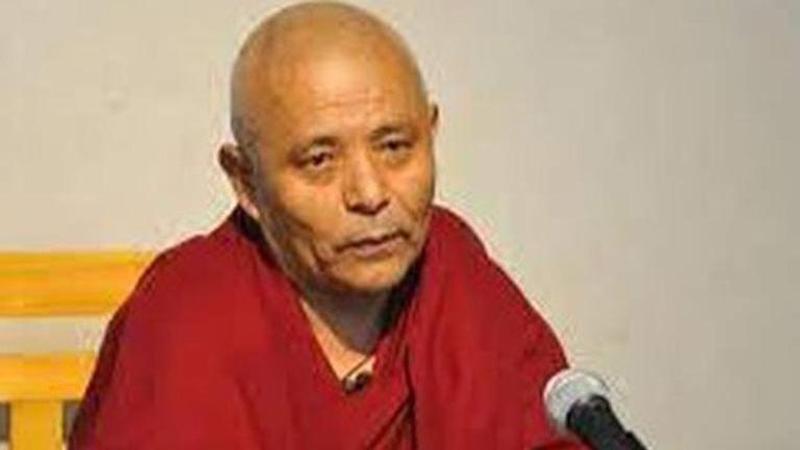Published 19:20 IST, August 29th 2023
Former Tibetan Parliament Dy Speaker responds to China’s claim on Indian territories
India can have peace in Himalayas after resolution of Tibetan issue, says former deputy speaker to Tibetan Parliament in exile.

“The border standoff between India and China cannot come to an end until the Tibet issue is resolved,” said Acharya Yeshi Phuntsok, the former deputy speaker of the Tibetan Parliament in-exile over the recent provocation by China. While seapking exclusively to Republic, Phuntsok said that India could only have peace along the Himalayas after the resolution of the Tibet issue.
Responding to China’s claim on Indian state Arunachal Pradesh and Aksai Chin region, which it occupied during the 1962 Sino-Indian war, through standard map, Phuntsok underlined that originally China and India do not share any border. Before China occupied Tibet in 1959, India and Tibet shared a border, said the former deputy speaker highlighting Chinese aggression.
The former deputy speaker of the Tibetan Parliament in exile pointed out that the resolution of the India-China border issue is intricately linked to the resolution of the Tibet issue. With China's control over Tibet in 1959, the traditional buffer between India and China was dismantled, thus making China a direct neighbour of India. “Tibet was illegally occupied by China from 1959. All the border in Himalayan region was between India and Tibet till that time. Until the Tibet issue is not resolved, the Chinese establishment will keep repeating the same thing and China’s attitude will never change,” said Phuntsok.
Phuntsok urged the Indian government to help the Tibetan cause and ask China to resolve the Tibetan issue through dialogue and negotiation. To achieve a lasting solution to the Indo-China border conflict, it is imperative to address the Tibet issue at its core, emphasised Phuntsok. He said that the Tibetan community in India has been urging the Government for over 64 years to support the Tibetan cause. Referring to China as a repeat offender, Phuntsok said that until the Tibetan issue is resolved, “China will create the same things like Galwan, Doklam, Nathula,” pointing at the instances that took place near Uttarakhand border and Arunachal Pradesh. For context, China claims several areas of Uttarakhand and Arunachal Pradesh, referring to the latter as ‘South Tibet’.
Phuntsok has served as the deputy speaker for 16th Tibetan Parliament in exile and is preceded by Dolma Tsering who is acting as the deputy speaker for the 17th Parliament, the legislative arm of Central Tibetan Administration (CTA), running government in exile.
China has once again stirred the pot of the longstanding border conflict with India by releasing a new edition of ‘standard map’ laying territorial claims over Arunachal Pradesh and Aksai Chin region. The map also strengthens China’s claims over Taiwan and South China sea by including them within the Chinese territory in the new map. The timing raises questions as the two state leaders have recently met at the BRICS summit in Johannesburg. India and China have been in a border stand-off for the last three years now, after the Galwan clash. While 19 rounds of talks have been carried out, nothing fruitful has been achieved.
Updated 19:20 IST, August 29th 2023




